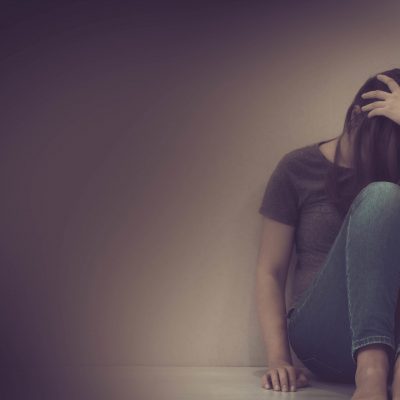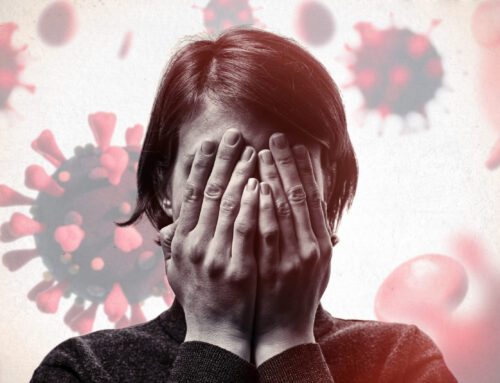For our most vulnerable populations, being quarantined to the home is more than an inconvenience. Although the statistics are not out yet, rates of domestic violence, child abuse, substance abuse, and sexual assault within the home are expected to rise significantly during quarantine. There are women, children, and men who are legally restricted to remain in close quarters with their abusers. Let’s think about that for a minute–because of the quarantine, many victims are literally trapped in their homes with someone who is actively hurting them.
In Colorado, domestic violence specifically is defined as an act, or threatened act of violence, upon a person with whom the actor is or has been involved in an intimate partnership. This includes any crime against a person or property when used as a method of coercion, control, punishment, intimidation, or revenge. Some examples of domestic violence include physical assault, destruction of property, withholding or breaking your significant other’s cell phone, or preventing your significant other from leaving a room or a residence.
Because protection orders are issued upon arrest for crimes of a domestic nature, contacting authorities may not seem like a realistic option as so many victims and their children rely on their abusers financially or socially. The risk of reliance on abusers is also rising as much of our workforce has been labeled non-essential.
Substance abuse also increases the risk of domestic violence, sexual assault, and child abuse or neglect. Recovery communities are acutely aware that the risk of relapse is higher in times of stress and isolation, as is the risk of substance abuse for recreational users or those with a substance use disorder. Children are at greater risk of abuse when financial stress, familial stress, single parenting, or substance abuse occurs within the home. Children are less likely to know how to report abuse and unfortunately no longer have access to teachers or other adults within the community to help them report under the mandates.
The realities of COVID can feel overwhelming. If you or a loved one are in an abusive situation, please know that crisis lines, emergency services, safe houses, and mental health professionals are equipped to respond to abuse, even during COVID restrictions. As a therapist who has worked with offending populations and victims, the burden of knowing what these restrictions mean for so many in our community has been overwhelming.
Suzanne Cooper, MA is a Licensed Professional Counselor Candidate with Grace Counseling with an additional certification as a Certified Addiction Counselor. Grace Counseling continues to offer in person and teletherapy sessions to support our vulnerable populations. We want to help. If you are in need, please contact us at (720) 489-8555.






